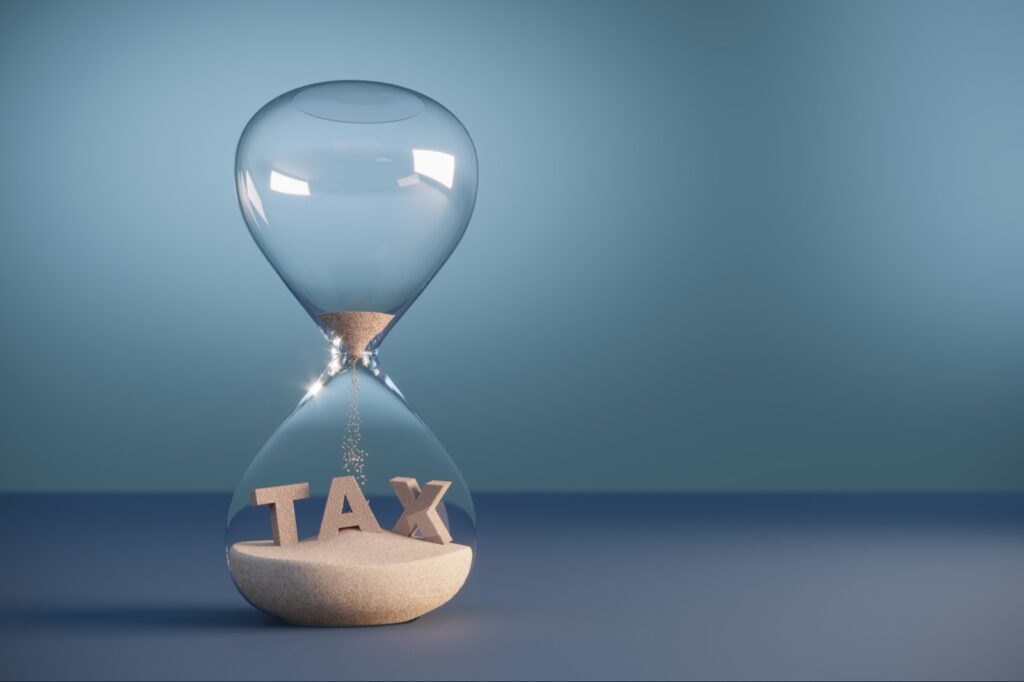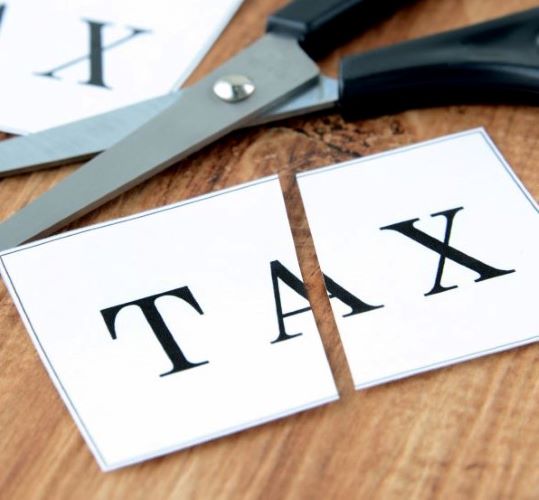The federal research and development (R&D) tax credit provides eligible Chicago companies focused on innovation with a significant financial incentive. While long believed to apply only to companies with formal R&D functions, or companies in certain industries like scientific, manufacturing, and technical services, businesses across several other industries can also benefit. Due to the various changes made since its inception in 1981, the R&D tax credit has become accessible to a broader number of businesses. In fact, the number of businesses claiming the credit has doubled over the last 20 years to nearly 26,000. The increased utilization has helped to incentivize and manage the financial risk often associated with R&D activities.
Unfortunately, a provision passed as part of the Tax Cuts and Jobs Act now requires taxpayers to capitalize and amortize any R&D expenses over a five-year period. This not only reduces the amount of immediate savings available but will also significantly impact the tax planning strategies of those businesses claiming the credit. To help clients, prospects, and others, Selden Fox has provided a summary of the key details below.
TCJA Changes – R&D Tax Credit
The TCJA now requires businesses that claim the §174 R&D tax credit to capitalize and amortize expenses over a five-year period. This includes expenses related to internally developed software. The amortization schedule must begin with the midpoint of the taxable year in which costs are incurred and run for five years. The five-year period applies to domestically incurred expenses, but for foreign activities, the timeline is much longer—15 years. It is important to note, even if the property under which §174 expenses were incurred is retired or abandoned, the amortization schedule can not change.
Congress Takes Action
Due to the unpopularity of the changes, many in Congress have been prompted to take action. In March, the American Innovation & Jobs Act was introduced in the Senate. This legislation calls for several changes to the R&D tax credit including the reversal of the amortization requirement discussed above. In addition, it calls for the reinstatement of the reasonableness requirement, expansion of small business eligibility criteria, and calculation changes designed to deliver greater savings. This is currently legislation in review and does not (yet) change what is currently in place as outlined above.
Contact Us
The changes to the §174 R&D tax credit means it is important for Chicago businesses to evaluate tax planning strategies. If you have questions about the information outlined above or need assistance with a tax or accounting issue, Selden Fox can help. For additional information call 630.954.1400 or click here to contact us. We look forward to speaking with you soon.




